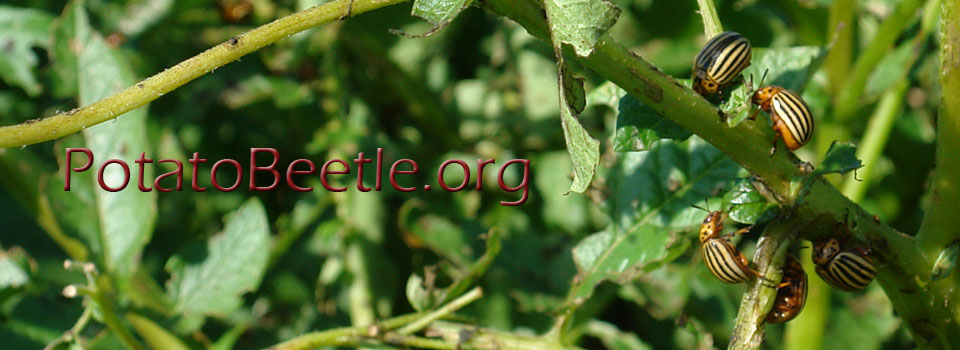Gui S, Taning CNT, Smagghe G. 2020. Insect Science: Early View.
Insect neuropeptides regulate various physiological processes, such as reproduction, feeding, growth and development, and have been considered as viable targets in the development of alternative strategies for pest control. Amongst these neuropeptides is myosuppressin (MS), a very conserved neuropeptide that has been reported to regulate cardiac and skeletal muscle contractility, feeding and pupal diapause in insects. In this study, we investigated the involvement of MS in fecundity in a notorious defoliator of potato and other solanaceous plants, the Colorado potato beetle (CPB), Leptinotarsa decemlineata. We identified an MS-precursor-encoding transcript in the L. decemlineata transcriptomic database and then evaluated its transcript levels in various CPB tissues. MS transcript levels were found to be highest in the central nervous system, gut and muscle of CPB males and females. To investigate the role of MS in fecundity, MS was silenced in adult CPBs through RNA interference (RNAi). This resulted in a significant reduction in oviposition (over 80%) and oocyte size (69%) in the treated beetles compared to the controls. Also, the reduction in oviposition in treated females was confirmed to be dependent on MS knockdown and independent of male fertilization. Furthermore, MS-knockdown in females resulted in decreased levels of ecdysteroid hormone titers and the transcript levels of its receptor. Interestingly, the injection of 20-hydroxyecdysone into females following MS knockdown could rescue ovary development. Altogether, this study highlights the important role played by MS in regulating fecundity in CPB.
